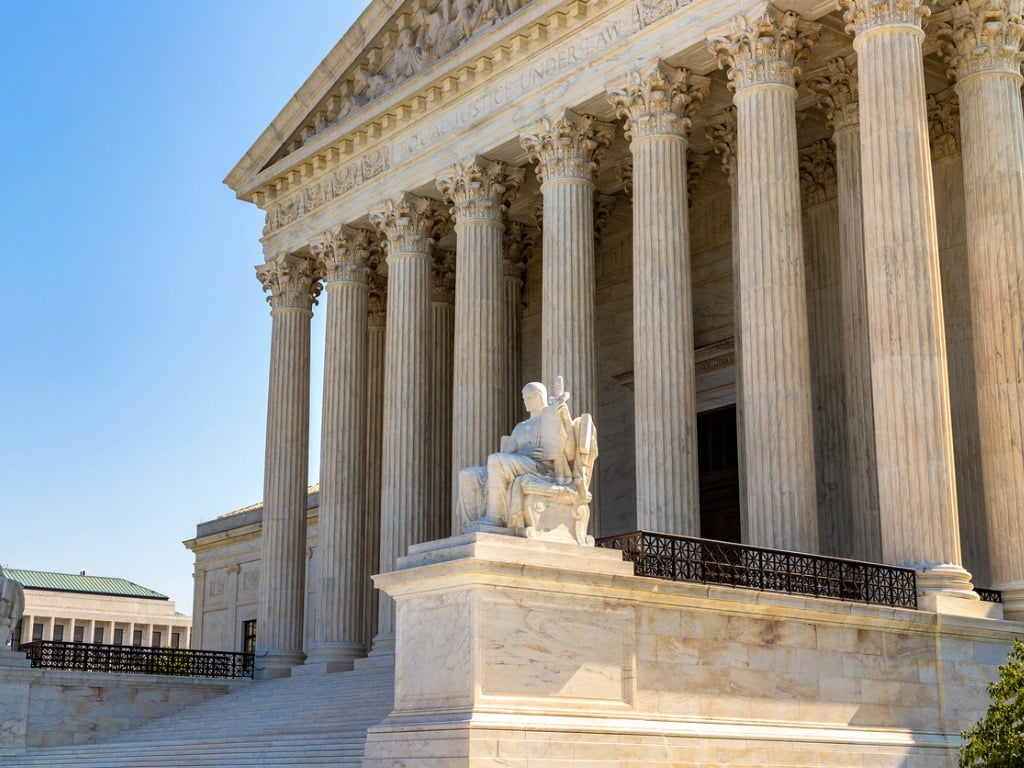On May 20, Senator Chuck Grassley (R-IA) filed an amicus brief urging the Supreme Court to grant certiorari in regards to a False Claims Act (FCA) decision in United States ex rel. Schutte v. Supervalu Inc., 9 F.4th 455, 463 (7th Cir. 2021). The brief argues that the lower court’s decision was a “radical departure” from the FCA and outlines the ways in which the decision interpreted the Act.
Throughout his time in Congress, Grassley has been consistently championed as the “patron saint” of whistleblowers. In a March 2022 keynote address at an event commemorating the passage of the False Claims Act, Grassley called the False Claims Act “the federal government’s most powerful tool to protect taxpayer dollars and root out waste, fraud, and abuse.” He also highlighted the role whistleblowers play in bringing fraud to light, stating: “Whistleblowers are the government’s eyes and ears in uncovering and deterring fraud. Without whistleblowers, the False Claims Act would simply not work.”
The amicus brief contextualizes Grassley’s long-standing fight against waste and fraud as the “principal sponsor in the Senate of the False Claims Amendments Act of 1986” and “one of the Senate sponsors of the Fraud Enforcement & Recovery Act of 2009.” According to the brief, Grassley “has a strong interest in ensuring that the Court interprets the FCA in accordance with Congress’ language and intent.”
“Senator Grassley urges the Court to grant certiorari to correct a growing misinterpretation of the language of the FCA that threatens to undermine its critical role in policing those who do business with the government,” the amicus brief reads. It explains that the FCA “expressly articulates three distinct mental states for which defendants can be held liable. It holds accountable not just those who commit fraud with ‘actual knowledge,’ but also those who remain ‘deliberate[ly] ignoran[t]’ of the rules or ‘reckless[ly] disregard’ signs of misconduct a reasonable person would see.”
The brief argues that the majority “ignored this test and structure” in the Supervalu decision, explaining: “It held that a defendant who correctly knows an act is unlawful is immunized from FCA liability if its lawyer, years later, can cook up an interpretation of the law under which the act was arguably permissible—even if that interpretation is wrong and the defendant did not have that interpretation at the time.”
The brief also states that the Supervalu opinion “collapsed the three separate routes to liability that Congress laid out into one, finding that such an after-the-fact excuse prevents not only a finding of recklessness, but also ‘actual knowledge’ and ‘deliberate ignorance.’ By interpreting these as mere subsets of recklessness, the opinion reads out the two subjective scienter terms Congress wrote into the statute.”
According to the brief, the Supervalu decision also created “a novel and unprecedented requirement for proving scienter, which puts on the government a nearly impossible burden to anticipate and warn off future fraudsters from every colorable misinterpretation of the law.” Grassley warns that if the Supreme Court does not grant certiorari, “it will not be long before the centerpiece of the government’s anti-fraud arsenal becomes unusable.”
The amicus brief goes into details about why Grassley is of the opinion that the decision in the Supervalu case undermined the language of the False Claims Act: read the full brief here.
“If the False Claims Act is weakened, taxpayers are ultimately the ones who pay the price,” Grassley said in the news release about the brief. “That’s why I’m strongly advocating for the Supreme Court to uphold the government’s most useful and effective fraud-fighting tool – a tool that has helped save taxpayers $70 billion since I pushed to strengthen it. I’ll continue working to root out fraud, waste and abuse by protecting and strengthening the False Claims Act.”
